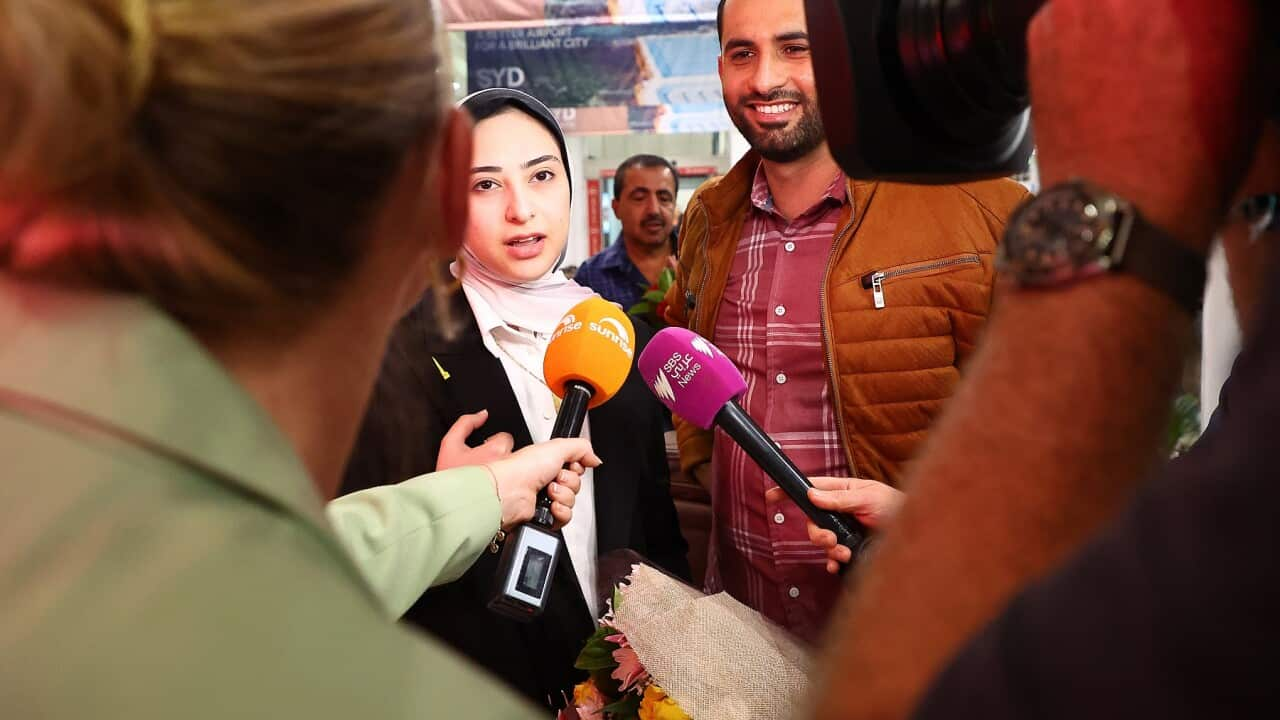Dr. Nicholas Farrelly, Associate Dean of Australian National University’s college of Asian and the Pacific tells SBS Tibetan he hopes learning Tibetan will become an accepted norm in Australia.
ANU has announced investment plans in partnership with Open University Australia to deliver eight “less-commonly-taught” languages in Australia by 2020.
Apart from popular languages like Mandarin, Hindi, Korean, and Japanese, “less-commonly-taught” languages such as Tibetan, Thai, Sanskrit, and Tetum are to be taught online as part of the plan.
Dr. Nicholas Farrelly, Associate Dean of ANU’s college of Asia and the Pacific, tells SBS Tibetan that ANU takes language learning very seriously as it facilitates cross-cultural relationships based on mutual respect and understanding.
I would hope that we can all work together to build a country where learning Tibetan or Mongolian is no longer considered such an unusual thing. -Dr Nicholas Farrelly
Asked why ANU is keen on investing in less popular languages such as Tibetan and Mongolian, Dr. Farrelly said they are not only looking at current trends but investing in the languages that will become more significant in future of linguistic studies.
“We are also looking to the future,” says Farrelly. “We are imagining what’s going to be important later in the century.”
He also adds that Tibetan and Mongolian have “great reservoirs of cultural knowledge,” and learning such languages would provide students with an edge to “understand the world on somebody else's terms.”
“It is a bold choice to learn an Asian language and to heavily invest in it,” says Farrelly. “But Australia benefits a great deal by continuing to sustain the rich traditions of culture, language, music, dance, spirituality, and family bonds.
The range of students currently learning Tibetan in Australia includes background speakers and beginners who “literally start from zero.”
Reflecting on his own experience of speaking an Asian language, Farrelly says it is rewarding both professionally and personally to be able to do so.
“I would hope that we can all work together to build a country where learning Tibetan or Mongolian is no longer considered such an unusual thing,” says Farrelly.





